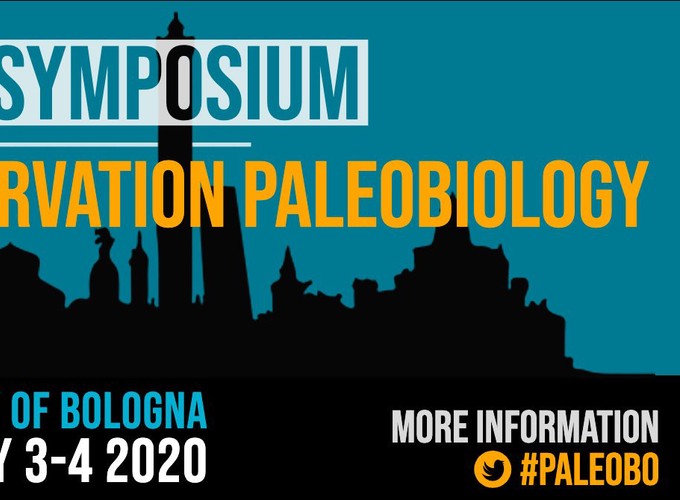 Image credit: Aaron ODea
Image credit: Aaron ODea
 Image credit: Aaron ODea
Image credit: Aaron ODea
Current climate change threatens biodiversity at global scales. Assessing the extinction risk from climate drivers is a major goal of conservation science. Few studies, however, include a long-term perspective into assessments. Here we evaluate how observed extinctions in the geological past can be predicted from the interaction of short-term climate change with long-term temperature trends. We show that positive palaeoclimate interactions substantially increase the extinction risk of terrestrial and marine genera for most fossil clades. Warming on top of longterm warming trends increases extinction risk, whereas a warming pulse has less severe effects when following long-term cooling. The memory of palaeoclimate interactions varies among fossil clades but can be up to 60 myr long. The effect size of palaeoclimate interaction is similar to other key factors such as geographic range, abundance, or clade membership. Insights arising from this previously unknown driver of extinction risk might attenuate recent predictions of climatechange induced biodiversity loss.